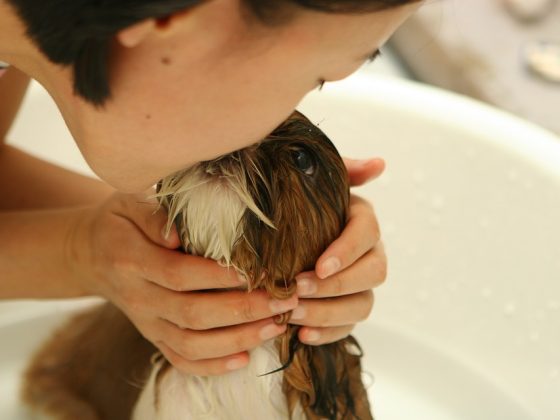Puppies are full of energy and excitement, but just like human babies, they are susceptible to a range of health issues that can affect their well-being. As a puppy parent, it’s essential to be aware of common health issues that may arise so you can provide the best care for your furry friend. In this article, we will explore some of the most common health issues in puppies, what you need to know about them, and how to address them.
One of the most common health issues in puppies is parasites. Parasites such as fleas, ticks, and intestinal worms can cause a range of problems for your puppy, from skin irritation to more serious health issues like anemia. It’s important to regularly check your puppy for signs of parasites and consult with your veterinarian about the best prevention and treatment options.
Another common health issue in puppies is infectious diseases. Puppies are more vulnerable to diseases like parvovirus, distemper, and kennel cough due to their developing immune systems. Vaccinations are key in preventing these diseases, so be sure to follow your veterinarian’s recommended vaccine schedule to protect your puppy from potentially deadly illnesses.
Orthopedic issues can also affect puppies, especially large breeds. Conditions like hip dysplasia and elbow dysplasia can cause pain and mobility issues for your puppy as they grow. To help prevent orthopedic issues, provide your puppy with a balanced diet, regular exercise, and maintain a healthy weight.
Dental health is often overlooked in puppies, but it is an essential aspect of their overall well-being. Poor dental hygiene can lead to gum disease, tooth decay, and even systemic health issues. Start a dental care routine early with your puppy, including regular brushing and dental chews, to keep their teeth and gums healthy.
Respiratory issues are another common health concern in puppies, especially brachycephalic breeds like Bulldogs and Pugs. These breeds are prone to respiratory problems due to their flattened faces and narrowed airways. Monitor your puppy for signs of respiratory distress, such as difficulty breathing or excessive panting, and seek veterinary care if you notice any concerning symptoms.
Skin conditions are also common in puppies, with allergies being a frequent culprit. Allergies to food, parasites, or environmental triggers can cause itching, redness, and hair loss in your puppy. Your veterinarian can help diagnose and manage your puppy’s allergies through dietary changes, medications, and other treatment options.
Lastly, behavioral issues can also impact your puppy’s health and well-being. Anxiety, aggression, and destructive behavior can all stem from underlying issues that need to be addressed. Positive reinforcement training, socialization, and mental enrichment can help prevent and manage behavioral issues in your puppy.
FAQs:
Q: How often should I take my puppy to the veterinarian?
A: Puppies should have regular veterinary check-ups every 3-4 weeks until they are about 4 months old, then every 6-12 months for routine care.
Q: When should I start vaccinating my puppy?
A: Puppies should start their vaccination series at 6-8 weeks of age and receive boosters every 2-4 weeks until they are about 16 weeks old.
Q: How can I tell if my puppy has parasites?
A: Look for signs such as itching, hair loss, diarrhea, and visible parasites like fleas or ticks on your puppy’s skin. Your veterinarian can perform tests to diagnose and treat parasites.
Q: What should I feed my puppy for optimal health?
A: Choose a high-quality puppy food that is appropriate for your puppy’s age, size, and breed. Consult with your veterinarian for personalized recommendations.
Q: How can I help my puppy adjust to their new home?
A: Provide a comfortable and safe environment for your puppy, establish a routine, and give them plenty of love, attention, and socialization to help them feel secure in their new home.
In conclusion, being aware of common health issues in puppies is essential for providing the best care for your furry friend. By staying informed, following preventative measures, and seeking veterinary care when needed, you can help your puppy grow up healthy and happy. Remember that every puppy is unique, so it’s essential to work closely with your veterinarian to address any health concerns that may arise.











